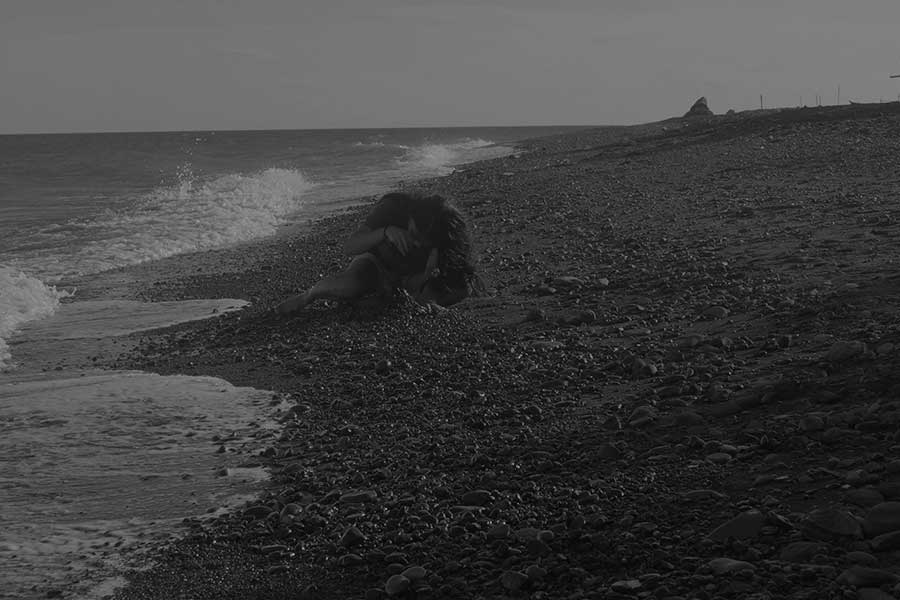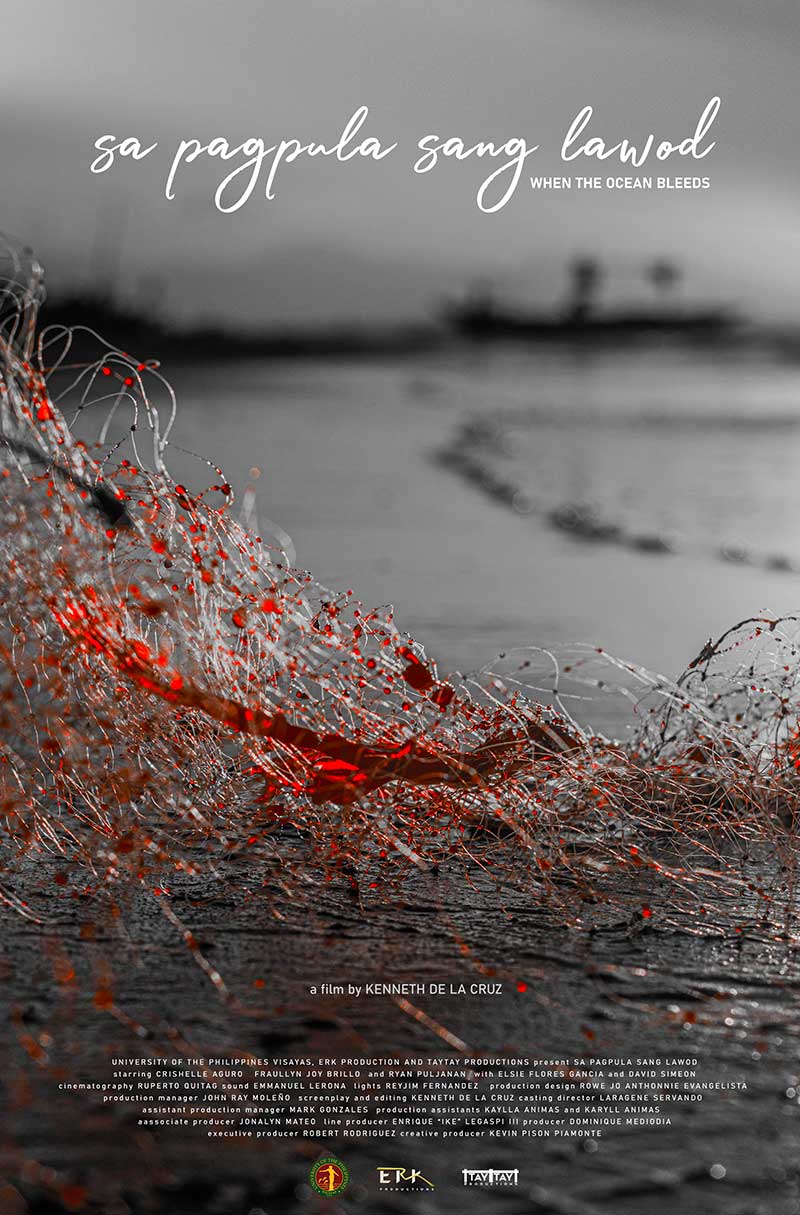
By Francis Allan L. Angelo
Territorial disputes like that of the West Philippine Sea imbroglio are consistent media fodders. Talking heads discuss in length political and economic implications when nations are at loggerheads over waters, islands, and even mere rocks jutting out of the ocean.
But we seldom witness the stories of ordinary fisherfolks who are caught between rampaging powers out to carve out their respective spaces in a sea that is boiling with controversy.
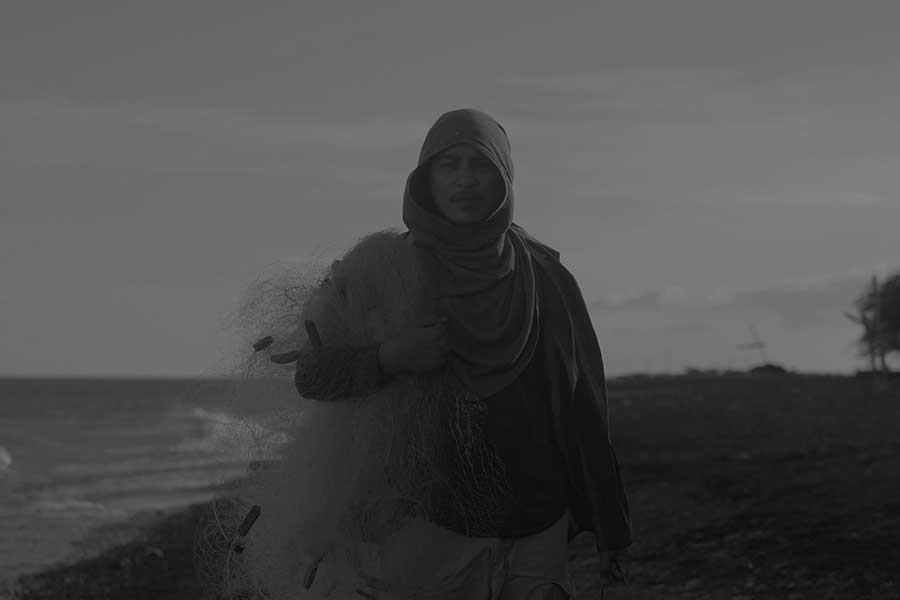
“Sa Pagpula sang Lawod” (When the Ocean Bleeds) attempts to fill in that gap by telling the story of the downtrodden who are in the real frontlines of this decades long bickering. The almost 20-minute short film written and directed by Kenneth De la Cruz depicts the gritty struggles of a family and a community that lost their livelihood not just to the effects of massive environmental upheavals but to the presence of foreigners who harassed and prevented them from entering the rich fishing grounds that was meant for them.
De la Cruz also succeeded in enmeshing folk culture and politics in this film by tackling gender and beliefs that are commonplace in a fishing community. Fishers believe that women are better off staying in the shores instead of setting out to sea to catch fish.
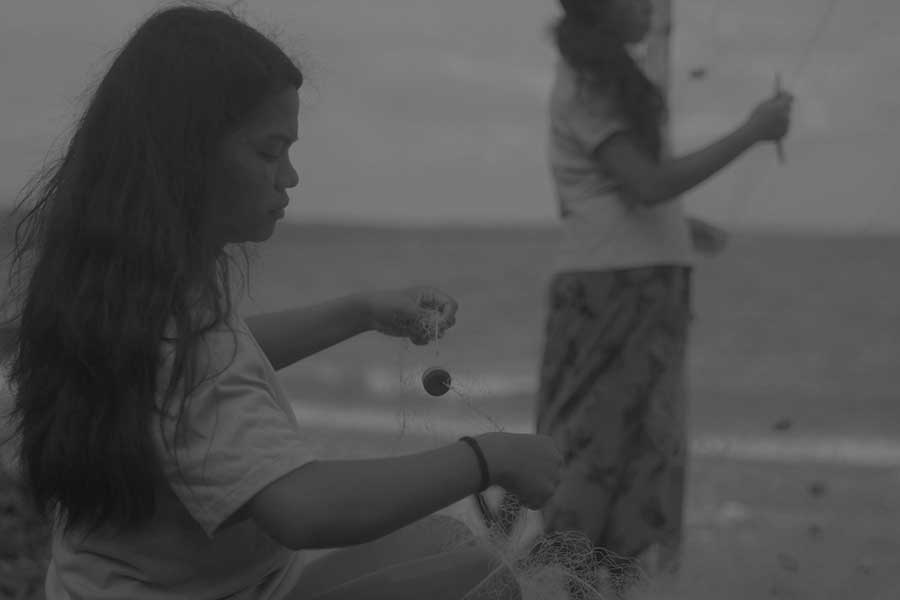
But the film provided a bigger context that intersected the superstitious with the politics of territorial disputes – that women are the biggest victims, willingly or otherwise, of the economic fallouts that erupt from the quarrel.
The caution against women from fishing (as they might drive away their precious catch) evolves to the notion that they face an even bigger conundrum like prostitution. It triggers the emotion of being unsafe, even within our own waters.
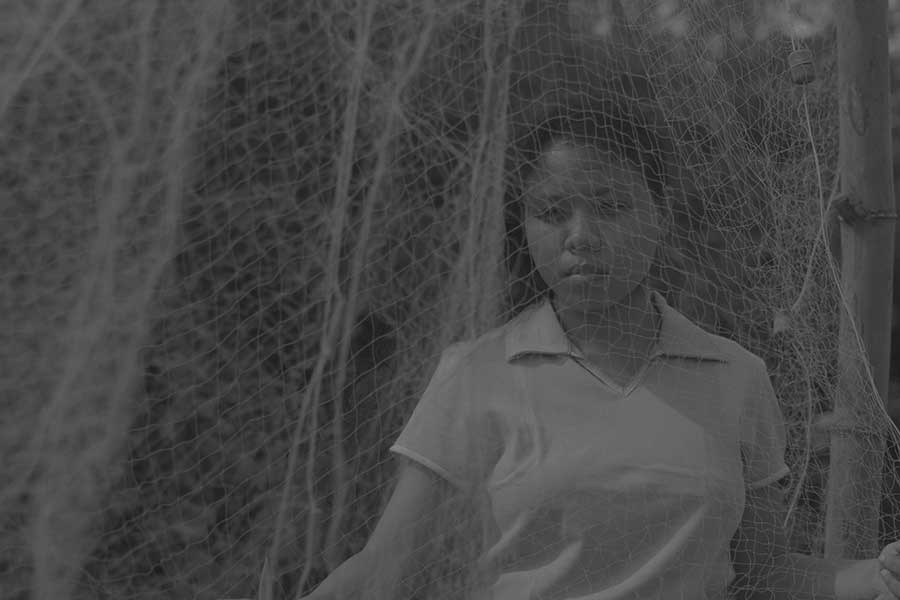
“Sa Pagpula sang Lawod” mirrors the desperation of the characters in the face of a foreign power that not only deprived them of their livelihood but also slowly tore apart their community’s fabric. The helplessness is but a reflection of the bigger problem of a government that sees its resources as a mere pawn in a geopolitical chess game.
Supported by the Creative Work Funding Window of the University of the Philippines Visayas-Office of the Vice Chancellor for Research and Extension, the film bears the creative and critical signatures of Executive Producer Robert Rodriguez, Creative Producer Kevin Pison Piamonte and Producer Dominique Mediodia.
